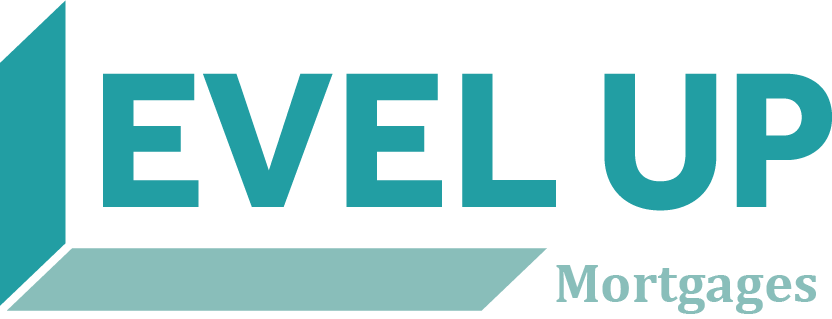Three Things Self Employed People Can't Afford To Forget When Mortgage Planning
With the stress and hard work of being Self-employed,
people often forget to plan for the foundations of setting themselves up for their future mortgage. Additionally, Self-employed Canadians are finding it increasingly difficult to qualify for their ideal mortgage as stress tests and financing get tougher. It’s hard to balance out saving taxes with reduced income declarations and the realities of stress tests.
Here are three foundational things to not forget to do before you’re ready to actively find a mortgage that’s best for you.
1. Talk to a Mortgage Broker well before you think you’re ready.
As an entrepreneur, you understand that your breakthrough in business is hard to predict but what you do know is that you need a supporting cast of helpers. You need guidance from the right experts such as your investors, co-founders, or specialized consultants. Similarly, if you want to be prepared to capitalize on scoring your best mortgage, you need a mortgage broker to best coach you.
What most people don’t realize is that you don’t usually pay a mortgage broker, it’s the bank. Mortgage brokers are passionate about coaching people to think ahead and unlike the banks, the good ones will help you explore various options and talk with you past working hours. To not seek help from an expert who has helped various other self-employed people score a mortgage is a missed opportunity. The biggest value of getting informed early is knowing how to plan ahead.
2. Systemize Your Personal Finance and Optimize Your Credit Score
Personal finance strategies such as saving are key because you need a minimum of 5% as a downpayment to get a mortgage these days. The more you put down, the less your mortgage insurance needs to be (this only applies if you put down less than 20%).
With the average home price in Canada being $480,000 and it now taking Torontonians three decades to afford their first house, saving is key. With some simple math, you can see that you need at least $24,000 saved to make this a reality; make it tax-free if you use savings from your RRSP or TFSA. The latter is tax-free forever and by the time of this writing, can have up to $63,500 in contributions. RRSPs have more strings attached as you need to pay back whatever you take out within 15 years.
There are some fantastic personal finance apps to keep your budgeting and savings up to par. Automation is key and if apps aren’t for you, simply call up your credit card company or cell phone provider and have them make monthly pre-authorized payments so you don’t forget.
It’s key to understand how credit score works as a self-employed person. Credit bureaus use the following factors in credit score calculation and here is how to have it work for you instead of against you:
Payment history (35%) – How good you are at paying your bills on time? Automation is your friend, set and forget.
Credit utilization (30%) – How much available credit are you using? You should be under 40% so if you have a combined credit limit of $20,000 between credit cards, you should not owe more than $8000.
Age of credit history (15%) – The age of your oldest account matters because lenders like to see that you’re responsible over time - It’s beneficial to have a long history of paying your bills on time.
Credit inquiries (10%) – When a bank or lender makes an inquiry about your credit to determine your creditworthiness, it slightly docks it. This is a tripwire for people who desperately try to access credit amongst various lenders at once but keep getting rejected.
A total number of accounts (10%) – Too few or too many credit card accounts open can influence your credit score.
Aim to have at least higher than a 650 credit score to qualify for A-lending at the best rates. If you’re below this, you will likely need to resort to B or Private lending.
3. Stay motivated and keep up with the ever-changing mortgage rules and options
When it comes to making sure you are at your best, mindset and keeping up with mortgage trends are your best bets.
Last October, The Canada Mortgage and Housing Corporation (CMHC) introduced changes last October that suggest additional factors lenders could consider if the borrower has been operating their business for less than two years. This includes having sufficient cash reserves, predictable earnings, acquisition of an established business and previous training and education. It also encouraged acceptance of a broader range of documents to give more opportunities for homeownership. Before you go to the polls this October to vote in federal elections, you will notice that some leaders look to make decisive steps to make homeownership more accessible.
Getting linked up with the right mortgage broker, keeping credit score high, and keeping up with mortgage trends alongside your broker partner are things that will keep you ahead of the game when planning for a mortgage as your business continues to thrive.

